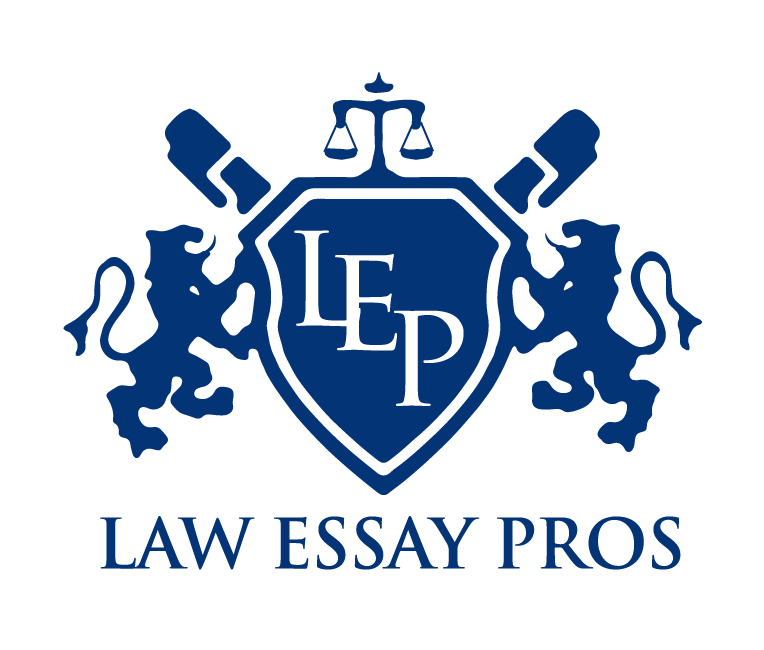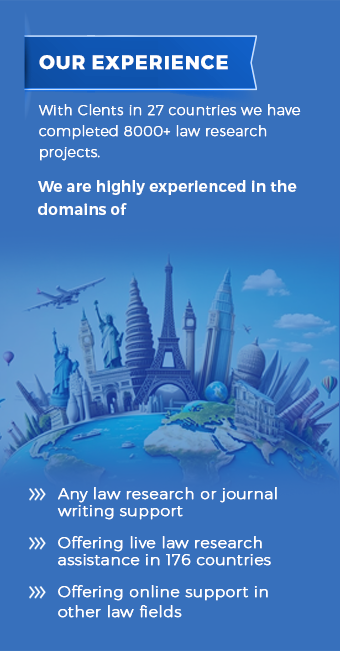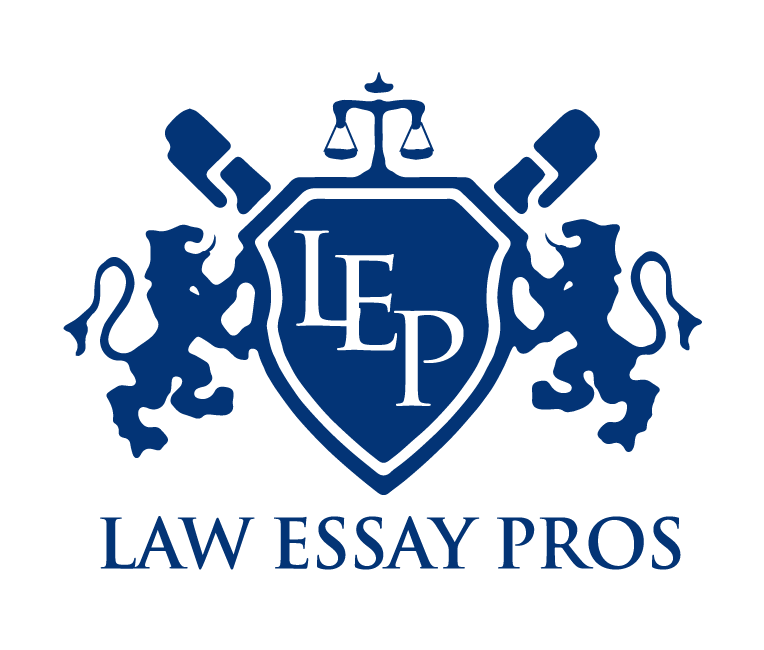UK Trust Law Dissertation Writing Services Are Here

Trust Law is one of the crucial branches in countries governed by common law. It makes asset management easy and allows for asset planning for their transfer over generations. This paper illustrates how trusts are used in estate planning, its relevance, and how the management of a trust for an asset has evolved with time in modern society.
What Is Trust?
The three main parties who are involved in a trust are known to include the beneficiary, the trustee, and the settlor. The person transferring his assets into the trust is known as the settlor. The beneficiary is the one who will enjoy the fruits of the property while the trustee mans it. The corpus refers to the assets held by the trust. Trusts can either provide the trustee the freedom to select how they divide the assets (free trust) or follow defined regulations that have been defined before (fixed trust).
While they were first created for the English legal system, trusts are today used in many other nations. For example, France has a system similar to a contract called fiducie. Protecting and managing assets for beneficiaries is the primary objective of a trust, with the specifics being different.
Using Trusts for Estate Planning:
The goal of estate planning is to decide how to divide what someone has during their lifetime and after their passing. The trusts prove popular among people to minimize their taxes and ensure that their money goes to their loved ones.
Although they can help manage inheritance tax in the UK, trusts do not ensure avoidance. There may be specific tax benefits available, but the amount of inheritance tax mitigation is subject to strict criteria. If parents want to make sure that their grandchildren or children get money over time, then trusts come into play. That way, the money will be saved and not be paid out all at once.
In estate planning, a trust with flexibility is a popular choice. The trustee in this kind of trust determines when and how much cash or property the recipient will receive. When a recipient is too young or unprepared to handle big quantities of money, this is useful.
Responsibilities of Trustees:
A trustee's role is highly important. They must administer the wealth with utmost care, keeping in mind the best interests of the recipients. We call this fiduciary duty. Trustees must always act in the best interests of the trust and never be in a conflict of interest.
A trustee would be liable and may even be penalized based on the inaction. A great example would be that of Armitage v. Nurse 1998 where the court ruled and stated that although there are times when a trustee could have some discretion, they always should act honestly and in good conscience.
Trusts in Wealth Management Today:
Trusts are no longer just for estate planning but rather today used by many to manage their wealth around the globe. With such low taxation in locales such as the Cayman Islands, offshore trusts have been applied widely to guard one's wealth, though it has been feared that such trusts could very well be applied for tax avoidance. Today, this international regulation effort is avoiding discriminatory taxation and ensuring tax transparency.
These problems make governments try to stop trusts from being used for questionable purposes. For example, to deter tax evasion, the OECD developed new regulations dubbed Common Reporting Standard (CRS), which obligate the member states to reach across borders and exchange information regarding such bank accounts and even trusts of non-resident citizens. This is now commonly referred to as the Common Reporting Standard (CRS).
Trusts and Digital Assets:
As technology develops further, digital assets like cryptocurrencies have created new problems for trust law that need revisions to existing legal frameworks in order to properly handle and protect these assets. Because of their challenging technology, digital assets might be more difficult to manage than traditional assets. It might be challenging to set up digital assets in trusts as trustees might not be familiar with items like digital wallets.
The legislation related to trusts will need to adapt as technology does. Changes to trust rules are being considered by lawyers and specialists in order to handle these new kinds of assets while maintaining client protection.
Finding Difficulty with Writing Dissertation On Trust Law? We're Here to Assist!
Many students can relate to the difficulty in handling intricate topics about fiduciary duties, constructive trusts, and modern challenges in trust law dissertations. Most students spend a major part of their time on work projects, while others barely finish their dissertation within the stipulated time. Well, you're on the right website if you have a similar problem. Having served for more than 12 years, LawEssayPros is the best trust law dissertation writing service UK.
University Trust Law Dissertation Help from Professional Writers
Our dissertation is not like an essay. It requires knowledge of the topic, a literature review, and research methods. Our website, LawEssayPros provides trust law dissertation assistance to the student to make it easy. So far, we provide trust law dissertation help online to over a million UK and worldwide students with their dissertations. Buy trust law dissertation with the help of expert trust law dissertation writers with global acknowledgement.
Engaging academic writing services provided by our professional trust law dissertation helpers committed to writing university trust legal dissertations according to all criteria students face their university teachers. We have written over 90,000 trust law dissertations until now. Simply order trust aw dissertation writing online from our website and we will find you a trust law dissertation expert for you.
Some require a dissertation proposal, while others do not. However, writing a proposal always helps because it guides the dissertation and provides you with feedback. LawEssayPros offers affordable Trust law thesis writing services, making it easier for students to get started.
Professional Guidance By Trust Law Dissertation Writing Help Services UK
A well-written dissertation can make your career, and if it is published in journals, then that's a great plus. In the quest for the perfect topic, we at LawEssayPros can be your help. We provide 5-8 topics with their descriptions so that you may choose the best one for your dissertation.
All our trust law thesis writers hold PhD degrees with over 10 years of experience. We have more than 90,000 dissertations written on Trust Law. We do not hire unqualified writers. Our Experts have at least 12 years of experience in this field and will assure you of reliable and quality trust law dissertation writing service.

Why Choose LawEssayPros for your trust law dissertation help?
Here's why LawEssayPros is your best for trust law thesis help:
Experienced Writers:
All our writers are PhD degree holders who possess broad experience in Trust Law.
On-Time Delivery:
We ensure the timely delivery of your dissertation even if you have a strict deadline.
Zero Plagiarism:
We ensure 100% plagiarism-free work. Our writers start working from scratch on all the dissertations that reach our clients.
Secure Payments:
Your financial safety is our concern. We have designated both PayPal and verified debit/credit cards for payments.
Free revisions:
Need modifications? We are here to provide you with free unlimited revisions so that your dissertation meets all your needs.
24/7 Support:
You have a chance to contact us 24 hours a day, 7 days a week, if you have questions or if you need contact with your professor for changes.
Confidentiality:
Privacy matters to us, too. We used safe technology to protect any personal data of customers.
Have questions? Feel free to connect with us through the chat box and hire our UK trust law dissertation helpers to make your work most credible and accomplished.











